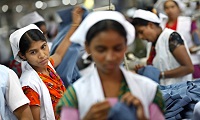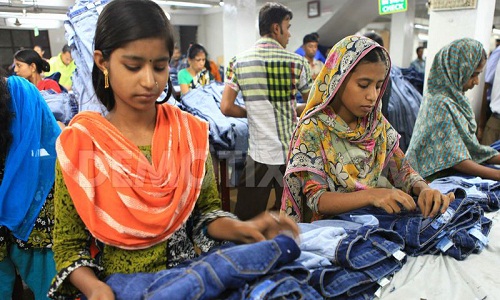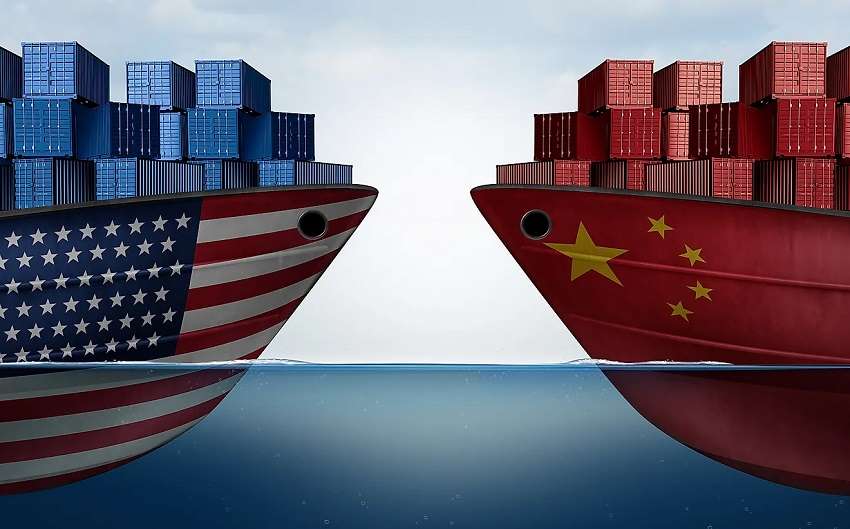"On March 18, 2017, three European Commission bodies had sent a joint communiqué that said it was essential that the Bangladesh government implement the four recommendations made by an International Labor Organization committee last year, or risk being shut out from the Generalized Scheme of Preferences (GSP) that it enjoyed."

On March 18, 2017, three European Commission bodies had sent a joint communiqué that said it was essential that the Bangladesh government implement the four recommendations made by an International Labor Organization committee last year, or risk being shut out from the Generalized Scheme of Preferences (GSP) that it enjoyed. The four issues are – full alignment of respectively, the EPZ draft law, the Bangladesh Labor Act, with the UN core labor convention modalities for establishing trade unions and the right of trade unions to operate freely. Under the Everything But Arms (EBA) preferential tariff scheme for all products, Bangladesh enjoys duty free market access to the EU countries, which is the single largest export destination for the RMG products, a postponement of this facility could introduce 12 per cent tariff on imports from Bangladesh.
The picture in China and India

In China, workers do not have the right to join or form trade unions of their choice. There is only one lawful trade union nationwide, the government controlled All-China Federation of Trade Unions (ACFTU), which acts as the leading body of all local union organizations, which are allowed under the Trade Union constitution. There is no right to labor strikes in Chinese law. Freedom of labor strikes’ was written in the Constitution of 1975 and 1978, but was removed in 1982. In a paper published by the ITUC in 2015, China was listed as one of the worst countries in the world to work in. The report cited physical attacks and threats against workers who participated in strikes by both employers and the government.
In comparison, there are 50,000 registered unions in India and most of them are under some six or seven central trade unions. India is the worst performing country among countries in Asia where FWF operates in both the Gender Development and the Gender Inequality Indexes, according to the 2015 Human Development Index report. Similarly, the World Economic Forum ranks India 108th out of 145 countries in the 2015 Global Gender Gap Index, whereas Bangladesh ranks 64th. The most common violations related to freedom of association involve police violence, and the arrest and dismissal of striking workers and trade union leaders in India.
Bangladesh government has already kept the provision of forming trade unions in the export processing zones, in line with the ILO convention. Commerce minister Tofail Ahmed had said if 50 per cent members of the Workers Welfare Association (WWA) of the EPZ factories consented to registering as a trade union, then the WWA would be allowed to register under Ministry of Labor and Employment as a trade union. However, under pressure from abroad and NGOs, Bangladesh government is currently considering further amendment to labour laws to satisfy them. State minister for labor Mujibul Haque said that there is a need for amendment to some provisions of Labor Act and that they will discuss with the national tripartite consultation committee on the amendment.
Forming trade union is not mandatory anywhere in the world but forming WWA is mandatory in Bangladeshi RMG industries. WWA is a constructive and effective model how workers’ awareness increases and grievances are being resolved constructively. This model has proved itself to be considered as an example for whole world suffering for workers’ right assurance. And at this point when most of the Bangladeshi units are practicing WWA model, extra pressure from international government and non-government organizations to rename such model as trade union will only increase instability in the sector, feel industry experts.
Researches say strict labour laws never brought benefits to the workers. Sudden reformation could affect the sector and many companies could go out of business and many workers could lose their job. In a country like Bangladesh where structural democracy is not well practiced not even in universities and top professional communities how it will be beneficial in less educated people’s community like labourers. Most of the time workers have been exploited by the ill motive trade union leaders in Bangladesh in the past, questioned industry experts.












